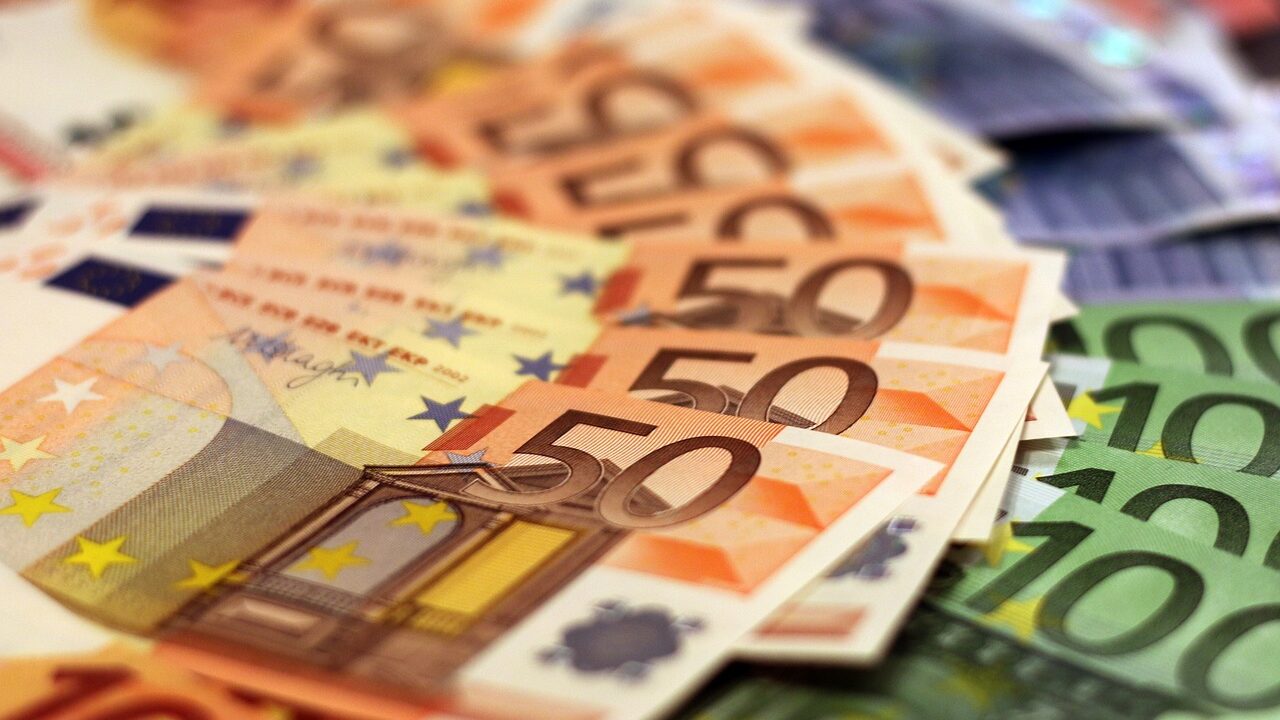The European Commission has signed off on a €1.2 billion support scheme to help companies and businesses in Ireland impacted by Russia’s war against Ukraine.
The new support scheme will provide limited amounts of aid, in any form, of up to €300,000 for companies operating in the agriculture, fisheries and aquaculture sectors and up to €2 million in all other sectors.
The support will chiefly be in the form of guarantees on loans and will be available to primary producers across all sectors.
The commission approved the scheme under the Temporary Crisis Framework which allows member states to support economies which have been impacted directly or indirectly by the war.
It signed off on the latest Irish support scheme today as it “concluded that the Irish scheme is necessary, appropriate and proportionate to remedy a serious disturbance in the economy of a member state”.
Margrethe Vestager, executive vice-president in charge of competition policy, said:
“This €1.2 billion guarantee scheme will enable Ireland to mitigate the impact of the current crisis on smaller companies and on primary producers, allowing them to continue their activities.”
European Commission support scheme
Under the Temporary Crisis Framework Ireland can benefit from the following types of support:
- Limited amounts of aid, in any form, for companies affected by the current crisis or by the subsequent sanctions and countersanctions up to the amount of €250,000 and €300,000.
- Liquidity support in form of state guarantees and subsidised loans. Member states may provide support to energy utilities for their trading activities.
- Aid to compensate for high energy prices. The aid, which can be granted in any form, will partially compensate companies, in particular intensive energy users, for additional costs due to exceptional gas and electricity price increases.
- Measures accelerating the rollout of renewable energy. Member states can set up schemes for investments in renewable energy, including renewable hydrogen, biogas and biomethane, storage and renewable heat.
- Measures facilitating the decarbonisation of industrial processes. To further accelerate the diversification of energy supplies, member states can support investments to phase out from fossil fuels, in particular through electrification, energy efficiency and the switch to the use of renewable and electricity-based hydrogen.
- Measures aimed at supporting electricity demand reduction.
Previously the European Commission also backed a €60 million scheme to support the agricultural sector and Irish farmers under European Union state rules.
